Poker Super Satellite Strategy
In Poker Satellite Strategy professional poker player Dara O’Kearney gives you a framework for how to approach every stage of a satellite t The best way for small stakes poker players to earn life-changing amounts of money is to win a satellite into a bigger tournament. Dara O’Kearney, Irish pro and satellite specialist, has teamed up with poker media mainstay Barry Carter to literally write the book on STTs. They both drop by for our first double-guest episode to discuss some of the secrets they’ve sealed in this tome of satellite poker wisdom. Show Links: Poker Satellite Strategy By Dara O’Kearney.
Given the above structure, you would think these things are basically just total luckfests. And you know what? You're basically right. The thing is, though, as with most poker variations, there is still some level of skill involved, some level of strategy involved, where you can increase or decrease your chances of winning your way in to one of the tournaments via the super turbo satellite process. At the end of the day of course, if you get effed by bad luck just one time in one of these super turbo satellites, you're done. Period. But, there are some things you can do and some general strategies you can follow to at least maximize your chances of survival and minimize your chances of losing out in one of these things.In case you're wondering, after Thursday night where I qualified in my one attempt to satellite via the super turbo sats into FTOPS #11, the $535 HORSE event, my lifetime record in these super turbo sats is now 4 wins and 4 losses. While 4-4 may not sound so good on its face, take it from me (those of you who play these things will know what I mean), winning a seat in 4 out of 8 of these tournaments is actually indicative of me knowing a little something about what I'm doing in these tournaments. And I'm going to say again here for the record, super turbo satellites are still going to be more dictated by luck than anything else, so don't get me wrong here. But that doesn't mean there aren't any steps you can take to help increase your chances of good luck and decrease your chances of preventing yourself from qualifying for the large events in this way.
So here are your basic rules for increasing your luck in the super turbo satellite structure:
1. First and foremost, just like I've written about before about other satellite tournaments, is satellite selection. In the case of the super turbos, there really are only two choices. First you have the 1-seat qualifiers (all of the full tilt super turbo sats are 1-tablers), and then you have the 2-seat qualifiers. That's really your only decision. Of course, the sats where the top two finishers win seats will be exactly twice the buyin cost of those which award only one seat. So, the overall point here is, if you can afford it you should always try to play the two-seaters. For example, when I qualified the other day for the 1k buyin FTOPS #8 nlh tournament, I played a few of the super turbo sats, and in the end the one I qualified for the tournament in was a 2-seater. That meant that I had to spend something like $235 to buy in to the sat, and that my friends is a lot of money, even to me on the bankroll that I play with online. That said, look at what happened in that sat -- when down to 3 players, one with 400 chips, one with 360 chips and me with 120 chips, the idiot with 360 pushed foolishly with A3 and got called by the 400-chip guy with TT, with the TT holding up and I was in, just like that. The chip stacks after that play were 720 chips to my 120 chips. Anybody here think I'm good enough in super turbo structure to overcome that chip deficit? Me neither. And that's why you want to be in the two-seats-awarded sats moreso than the one-seaters where at all possible. Yes I could have spent just $118 on the 1-seat satellite, but then you are deciding that you have to win outright out of 9 players in a very luck-driven super fast, super low-M strucutre, and even for the best player or the biggest luckbox in the world, that is a very tall order. It just is. Finishing in the top two out of 9 players is a far easier feat, and frankly in my opinion, if you have the money it is almost always worth it to play those instead.
2. This may go without saying, but when it comes to actual playing strategy in these super turbo satellites, the biggest point of all is that you absolutely, positively cannot lose any big hands, the entire time, even when heads up. You just can't. You can't call a raise in limit holdem (such as the HORSE super turbo sat this week) before the flop, thereby having 40 of your 100 starting chips in the pot, see a flop that you miss entirely, and just fold to any action. I mean, I suppose I can conceive of a situation where I could see myself doing that, but at the end of the day, not really. Once you're in for 40 of your 100 chips, it would take a truly extraordinary situation for me to fold, even if I miss the flop. Your chances of clawing your way back into contention are exceedingly small once you're down to 50 or 60 chips and a few other guys have won allins between two or three of the 100-chip starting stacks. Once you commit any chips to a hand, you're basically committed to see the hand through and taking your chances to either have your lead hold up, or spike a card on the later streets to hand you the victory. If you approach anything resembling a super turbo as a situation where you can call a preflop raise and then fold on the flop, you're done. A gone goose, as T.J. Cloutier would say. Once you're in, you're in. And this leads to my last two strategy points, for these otherwise luck-driven satellite tournaments.
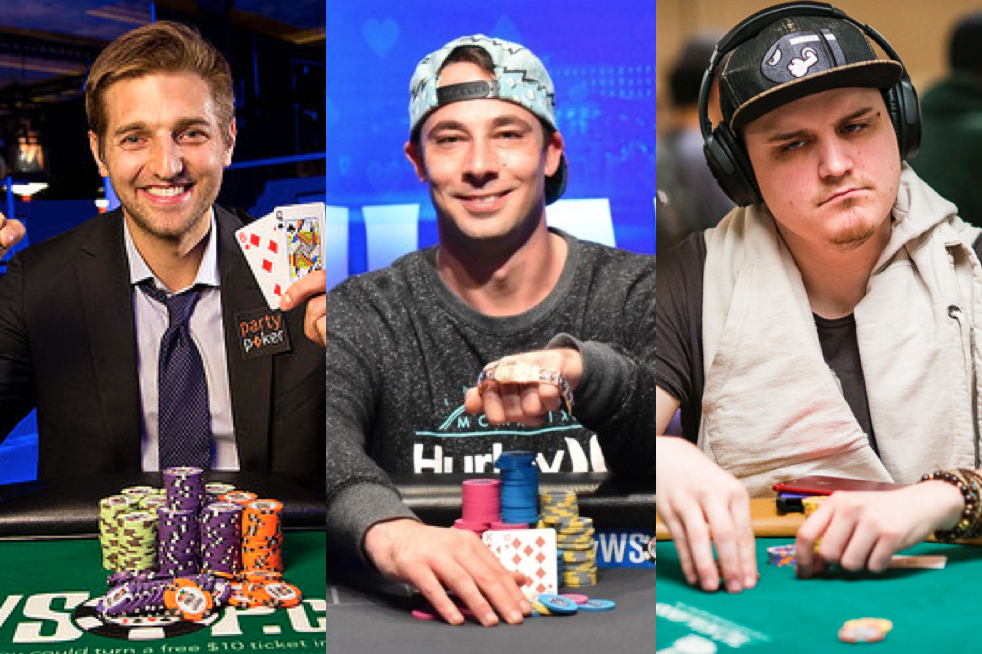
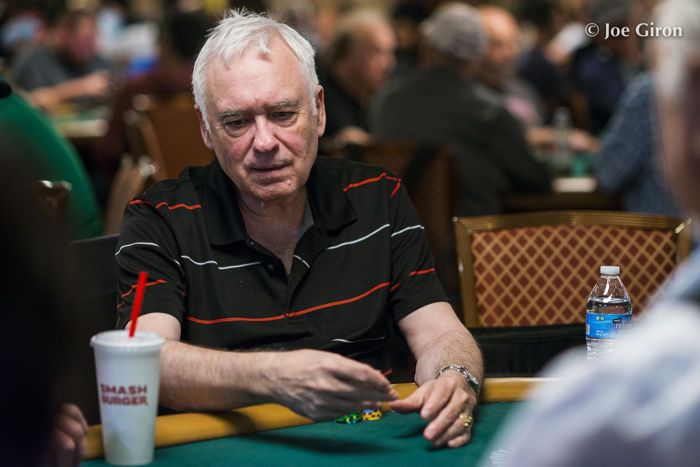 3. Don't wait for monsters. They just don't come. When I won the HORSE super turbo satellite this week on Thursday night, I did it in exactly 22 hands total (see below). Out of 22 hands, do you think I saw AA and KK twice each? I'm not this guy you know. No, the best hands I saw all night were AJ in limit holdem, AKK5 in O8, 235 in razz (that really was a premium starting hand of course), and K55 in stud hi. Not exactly a bunch of strong -- or even playable, really -- starting hands. But you simply have to loosen your standards, in most cases significantly, if you're going to have any shot at all in these things. You basically get one orbit to make a move, and that is it. Think about it -- you're starting off with 100 chips, and the big blind is 30 chips. You're basically almost going to have to play the hand the first time you're in the big blind, and unless I am dealt total garbage that I'm sure is dominated against 3 allin raisers ahead of me, that's exactly the way I play in the big blind. You have to. The structure is made to force you to, and if you try to resist, you're going to very quickly find yourself after just a few hands in these super turbo satellites down to 55 chips (100 to start, minus 30 for the bb and 15 for the sb), when 2 people at your table will already be over 250 chips. And let me tell you, a 5-to-1 chip deficit is no easier to come back from in super turbo than it is in a regular structure tournament. In fact, it's harder because you have absolutely zero ability to wait for anything resembling a strong hand.
3. Don't wait for monsters. They just don't come. When I won the HORSE super turbo satellite this week on Thursday night, I did it in exactly 22 hands total (see below). Out of 22 hands, do you think I saw AA and KK twice each? I'm not this guy you know. No, the best hands I saw all night were AJ in limit holdem, AKK5 in O8, 235 in razz (that really was a premium starting hand of course), and K55 in stud hi. Not exactly a bunch of strong -- or even playable, really -- starting hands. But you simply have to loosen your standards, in most cases significantly, if you're going to have any shot at all in these things. You basically get one orbit to make a move, and that is it. Think about it -- you're starting off with 100 chips, and the big blind is 30 chips. You're basically almost going to have to play the hand the first time you're in the big blind, and unless I am dealt total garbage that I'm sure is dominated against 3 allin raisers ahead of me, that's exactly the way I play in the big blind. You have to. The structure is made to force you to, and if you try to resist, you're going to very quickly find yourself after just a few hands in these super turbo satellites down to 55 chips (100 to start, minus 30 for the bb and 15 for the sb), when 2 people at your table will already be over 250 chips. And let me tell you, a 5-to-1 chip deficit is no easier to come back from in super turbo than it is in a regular structure tournament. In fact, it's harder because you have absolutely zero ability to wait for anything resembling a strong hand.4. And the previous two points lead to this, perhaps the most useful individual hand strategy advice I can give for the super turbo sats: Play hands with strong showdown value. This is because, as described above, most of the time when you and another person see a flop or the first street after the first round of betting in whichever game you're playing, you are almost always going to go to showdown. Again, the structure of the super turbos makes you play this way. See a flop, see 4th street, and you're going to show it down. By the time the flop or 4th street is out, almost every player involved will have more than half of their chips in the pot, and that is almost never a good time to throw your hand away. So, this very high likelihood of going to showdown means you're playing things like high cards in limit holdem and Stud hi, and high pairs with A2s in O8. A hand like 55 in limit holdem is nice, but since you know you're going to see all five cards almost every time you play it, you should really view that hand as just what it is hot-and-cold -- about a 50% chance of winning or losing. I would almost prefer to play a hand like AT or KJ over a hand like 55 or 66, and things like middle soooted connectors like 54s and 87s are greatly diminished in value, because you're not getting the odds to play them, with the likelihood of just folding them on the flop if you miss, that you would in a normal poker situation. So focus on the high cards and the strongest hands in terms of going to a showdown in every game, and that's the best thing you can do in these ridonkulously quick super turbo satellites. Often times, I am pushing the first time I am dealt two cards ten or higher in lhe, or the first time I am dealt A2xx or two sooted combinations in O8, etc. Anything that has a decently high chance of being ahead after five cards, without regard to how well these things play on the flop or the turn per se.
There you have it. Now I will show quickly how this works in action, detailing my super turbo satellite HORSE victory from Thursday night to show how to apply the above points in practice. This super turbo took precisely 22 hands for me to win -- 6 lhe, 6 O8, 6 razz and 4 stud hi -- so again you can see just how few opportunities you're going to have to get the big cards in one of these things, and how important it is to push almost right away when you are dealt decent showdown hands.
I folded the first four hands dealt to me in lhe before the big blind hit me, which is what I always do unless I'm in the blinds or unless I'm dealt the kind of strong showdown hand I'm talking about -- big pairs or any two big cards, really. I got lucky when the big blind hit me that I found my old friend the JackAce, which I was probably going to try to play anyways since the big blind represented 30% of my stack at the time anyways, but it definitely meets my high-card strong-showdown requirements for the super turbo structure:
Here I get effed hard by the setup flop, especially given the super turbo nature here:
But then, can you say Resuck?
I didn't play any other hands in lhe, but then in the first hand of O8 play I decided to go up against three other fuckers with AKK5. This is a very strong hand for high, and solid for low as well all things considered, and it also squarely meets my standards for strong showdown hands as a result:
I nailed a big big flop with the hand, allin against three other fonkeys whom I've watched playing hands like 279Q and K854, etc.:
Poker Strategy Charts
And here I won huge, scooping the large pot with again what I viewed preflop as a very solid showdown type of hand:
And suddenly we are down to four players remaining, with only the winner getting the HORSE FTOPS seat, and with me leading in chips 445-220-100-35.
I then split a big pot against the short up top when I flopped bottom two pairs and he made his low on the turn, and before I knew it, O8 was over and that friendly lovable game of razz was upon us.
Poker Super Satellite Strategy Game
Razz is where I made my big move, of all games. I like to think that full tilt felt bad about that anusass from the previous night's HORSE megasatellite and decided to make things right. Not throw me a bone, mind you, but just make me whole for that effing. Anyways, razz started off with me winning two hands by betting out with the low card showing on 3rd street and taking down 40 chips each hand.I made a big fold here, when a 5 raised it up and I had two low cards, but only one below the 5 and one Jack underneath. With some chips to play with finally, I did not want to do anything to jeopardize my lead, and in razz of all games you do not want to start out behind your opponent any more than you otherwise have to:
Here I had to take on a shorty who decided to make his move allin with a 6-up in razz:
and I busted him somehow here:
I am now up 558-242. I really want to win at this point. It's a big chip lead, but remember with the super turbo high blinds and incredibly low Ms, one mistake can be a very big game-changer.
Here is a decent win at stud hi, I'll take it:
And here is the piece de resistance hand, also in stud hi, where at first I bet out here with a couple of high cards showing:
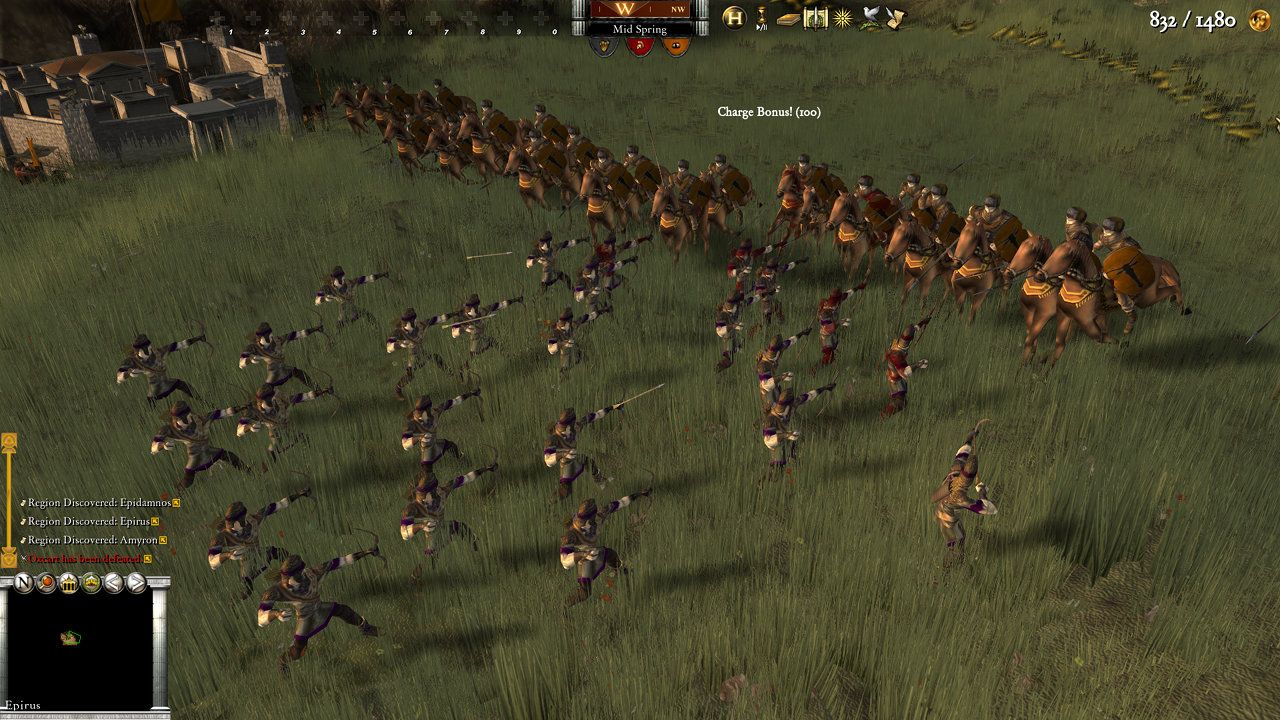 He raised me allin, and I felt I had to call:
He raised me allin, and I felt I had to call:Turns out he had just an oesd, not a very good play in stud hi but at the same time, at these M levels you basically have to pick a hand and go with it.
The end result:
Poker Super Satellite Strategy Games
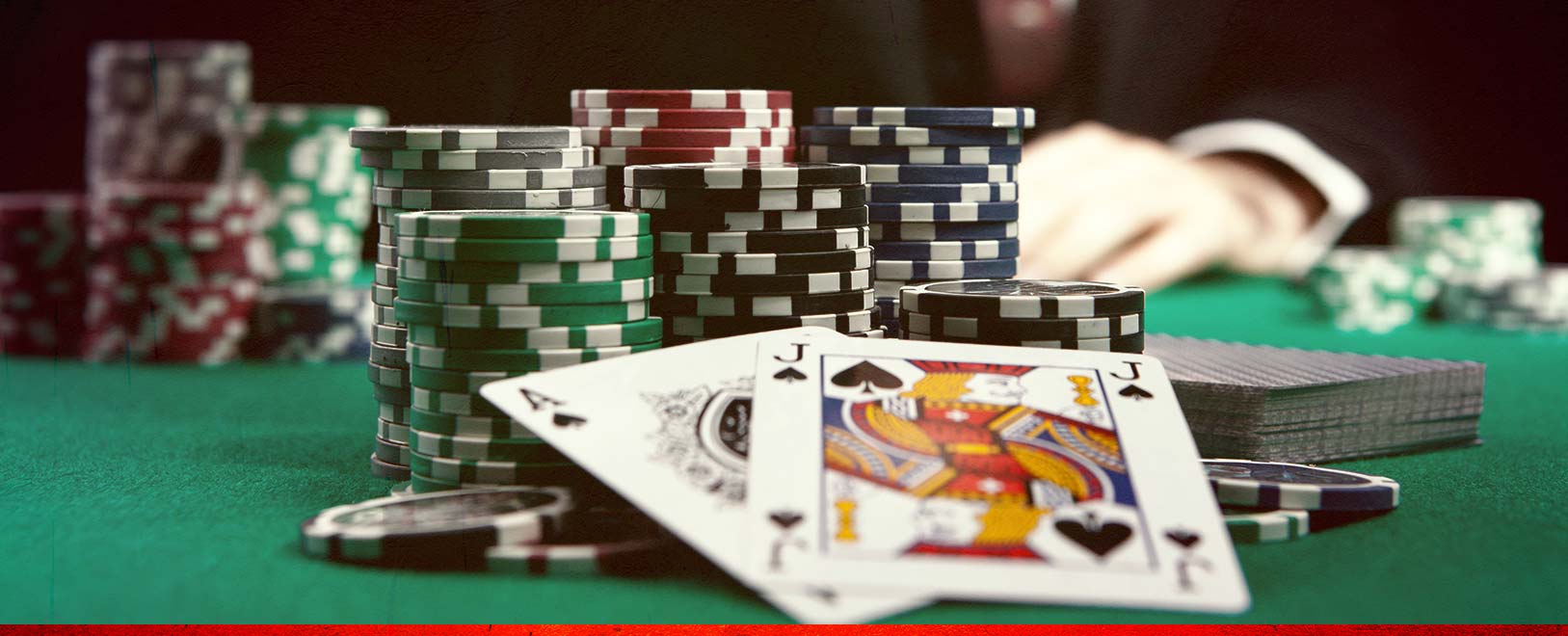 Boooooom! Nothing like winning a $535 satellite tournament in stud with a King-high, huh?
Boooooom! Nothing like winning a $535 satellite tournament in stud with a King-high, huh?And there it is. Hopefully this is helpful for those of you who are just crazy enough to play the luckfestivals known as the super turbo satellites on full tilt.
Now, if you're wondering how the actual HORSE FTOPS #11 went, it was myself, KOD, jec and emptyman that I know of among our group, and we represented pretty well at first, all three of us making it to the fourth hour of the tournament with over a third of the 673-person field already gone. But check out my starting table in this thing:
So not only do I have full tilt pros David Bradley (who?) and Keith Sexton, but emptyseat88 over there is none other than Scott Fischmann, and of course I've also got the donkalicious KOD to my right as well. What a starting table! Anyways, to make a very long and frustrating story short, the ftp pros at the table played generally horribly, and Fischmann over in the corner there played about as bad a HORSE game overall as I could possibly imagine. I have a bunch of screenshots of his clownings, but he got called down with just QJ on a Ace-high flop against a preflop raiser, he got called down when he bet on every street with A9 unimproved, losing to AK, and several moves like that. When he finally busted in razz on the last hand of the second hour to Keith Secton with a Ten-Nine low, KOD typed into the chat: 'pro.' It was good times.
In the end, I busted out in 263rd place out of 673 when some anushole drew out on me on 6th street in razz and my 76 lost to his 75. I had been a board-lock ahead on 4th and again on 5th street, but then on 6th I caught bad and he caught good, and the rest was history. The thing is, when you bet out on 3rd, 4th and 5th streets once the blinds and antes are into fourth-hour territory in a double-stacked limit tournament like this, that is a major chip loss, in this case taking up about 80% of my previously 100th place or so stack. When I looked on Friday morning, it turns out that none of the four bloggers in the event cashed, which bums me out because like I said we had represented fairly well during the first several hours of the event before it looks like things started falling apart for all of us around 1am ET. Oh well, it was a frustrating but good time and I'm glad I did it, if nothing else to win that super turbo sat to play in this $535 buyin tournament for a total of $66.
Friday night is FTOPS #12 in 6-max limit holdem, a game I am very strong at and which I am really looking forward to. As with all the limit games, in tournaments the big key I find is simply not to lose any big pots early, period. If I'm not sure I'm ahead, I do not want to call any large bets chasing or drawing dead. Limit really gives the opportunity to make some tricky and fancy moves, and to mix up your play, sometimes betting out with the nuts and sometimes check-raising, sometimes even checking and betting or raising on a later more expensive street. I will also try to get it on the donkament at 9pm ET on full tilt (password is 'donkarama' as always), so if you're around I look forward to seeing you there. Sunday is the FTOPS ME, which I may or may not play in, depending on how things go for me between now and then. Best of luck to anyone who is in the ME, and I'll hopefully chat with you over the weekend either at the tables or in the girlie.
Labels: FTOPS, FTOPS Satellites, HORSE, Super Turbo, Tournament Strategy
Satellite tournaments require a slightly different set of skills than your average tournament. Since you are only battling for what is typically a min cash, you don’t need to worry about building a massive stack and beating the entire field. For all intents and purposes, 10% of the field (or whatever percentage gets paid) will finish in first place.
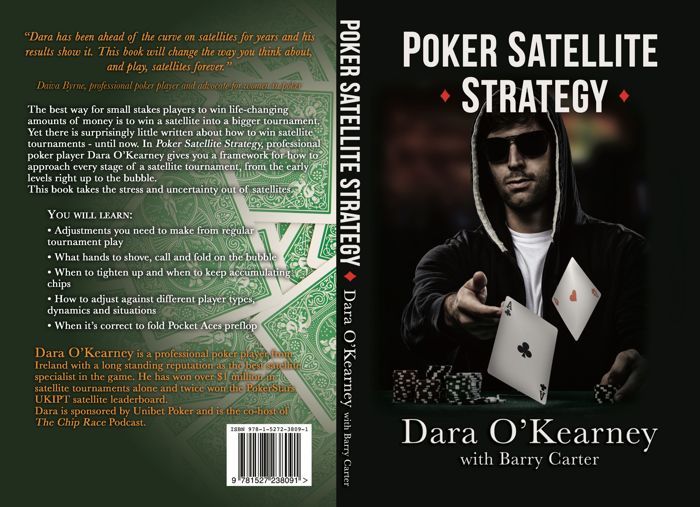
This sounds a lot easier than is, so there is strategy that needs to be applied if you want to find regular success. Satellite tournaments are also notable for their overflow of weak players. Depending on the actual prize, be it a World Series of Poker Main Event seat or a spot in a random $10K guarantee, there will be a lot of players who want a cheap shot at a bigger prize. You will be facing a lot easier opponents, but this certainly does not mean that a cash is a lock. Even the weakest of players will call for some type of strategy.
Satellite players tend to play very passively throughout the course of the event. Everyone knows that first place doesn’t even matter, so there aren’t too many players who will be going all out. You can take advantage of this passiveness by chipping away at the players who are trying to slide their way into a win. Aggressive players are often an anomaly in satellites because the field tends to play scared. You may even want to play scared when you realize that a min cash only requires that you outlast a portion of the field. It is important to keep the pressure on, though, because there is always going to be another player who is willing to cash in on your cut of the prize pool.
Early Satellite Strategy
The early stages of a satellite tournament will make up for a much larger portion of the event than any standard tournament. This is the time where you can build your stack in order to ensure safety and security when the bubble starts to near. Some players will be playing passive right from the get go, but you should be kicking it into gear so that you have a head start on the rest of the field. This is a complete contradiction to the most common strategies that are used in almost every other tournament. Normally you would want to wait around for premium hands when a tournament is just starting out, but satellites essentially wipe out that phase of an event.
If you build up a big stack early in a regular tournament, you will have an increase chance of going to the final table, but it is also very likely that your lead will dwindle away by the time the bubble comes into play. Now, if you can hold onto a lead only until the bubble in a satellite, you have already won. This is the difference between the strategies applied in standard tournament formats and satellite tournaments.
Approaching a Cash
Don’t be afraid. The number one issue for satellite players is apprehensiveness when the idea of a win becomes a reality. No one wants to bust out of a tournament ever, but even less want to bust out when a min cash is in sight, especially in a satellite. Your stack size will help determine how you play when the bubble is drawing closer.
If you have a very small stack, it may be wise to try and ride it out. You will need to calculate whether you have a better chance of making the min cash or being knocked out due to the blinds. This is a judgment that can only be made on a case by case basis. No matter what you do, don’t try to get involved in any sort of small ball.
If you have a small stack and are trying to chip away at other player’s stacks, all that you are doing is looking for a way to knock yourself out. If you are set on trying to accumulate chips rather than coasting to a win, go all in. Going all in will increase the odds of you winning the blinds as opposed to having to actually win at showdown. In fact, if you do decide to go all in with a short stack near the bubble, your primary goal should be to double up without a showdown. Even pocket aces can lose with a little bit of bad luck, but a few forced folds guarantee a win.
Playing a big stack near the bubble is not nearly as stressful as playing a small stack. You can push players around if you want (though it is not advised), or you can just wait for other players to do the work for you. If you have a sizable pile of chips and are near a cash in a satellite tournament, the only thing that can happen when getting involved in pots is a downwards spiral. You are better off guaranteeing a cash because there really isn’t anything worth fighting for. Hopefully this piece of strategy was a forgone conclusion, but if not, always keep it in mind. Self-destruction is always the worst way to lose in poker, whether you are playing a satellite tournament or a cash game.